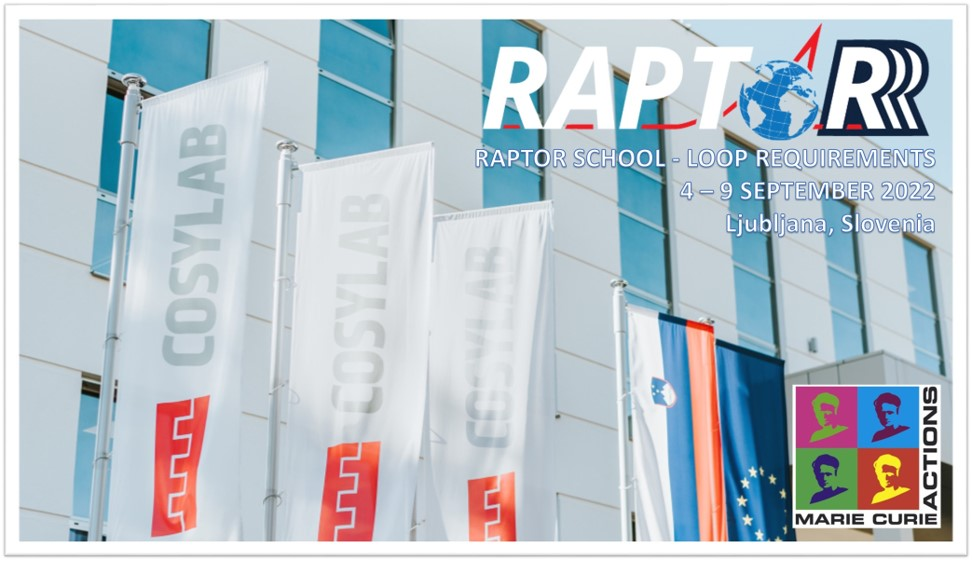Speaker
Description
Clinical QA procedures and their applicability in APT / OAPT
Quality assurance (QA) procedures in radiotherapy are necessary to ensure an accurate and safe dose delivery to the patient. Improvement and assurance of radiotherapy safety relies on two major pillars. Incident reporting and incident learning are most meaningful for improving existing processes while prospective risk assessment, e.g. carried out by failure mode effect analyses, is recommended when modifying or implementing new processes like online-adaptive radiotherapy.
Besides the theoretical background, we will review complementary approaches for patient-specific PBS plan quality control. A combination of phantom-based measurement, independent dose calculation and log-file analysis are under consideration to efficiently make use of resources in the clinic. This ensemble complemented with automated checks of the replanning input data, plan integrity checks, in-vivo dose monitoring, online imaging and a well-interacting team are considered as key components for overcoming the major QA challenges in an online adaptive radiotherapy QA workflow: (1) it is impossible to perform pre-treatment QA measurements with the patient on the table, (2) there is very limited time for excessive plan evaluation and physics checks, and (3) adaptation-based errors might be missed with the current tools.
The aim of the presentation is to provide awareness for required changes in QA procedures when realizing online adaptive RT.
Short Biography
Kristin Stützer is the operational leader of the High Precision Proton Therapy group at OncoRay – National Center for Radiation Research in Oncology, Dresden, Germany. Together with other researcher at OncoRay, the clinical team and renowned industry partners it is her long-term vision to realize an online adaptive proton therapy in a fully automated, decision supported feedback loop of imaging, adaptation, delivery and prompt gamma imaging-based treatment verification.
After graduating with honors in physics from the TU Dresden, she started her research in the field of particle therapy during her PhD studies including several experiment campaigns at the GSI Helmholtzzentrum in Darmstadt, Germany. Her doctoral thesis on in-beam PET dose monitoring for intrafractionally moving targets was awarded the Behnken-Berger Prize of the German Society for Medical Physics in 2014. During her PostDoc period at OncoRay and the University of Pennsylvania she worked on robust and adaptive proton treatment planning, the optimization of proton therapy for moving targets, strongly supported the clinical commissioning of the University Proton Therapy Dresden and gained administrative and organizational experience as research assistant at the HZDR Institute of Radiooncology.
In addition to her professional work, she acts as an honorary national referee in the German figure skating union and has been running her own small business called family since 2017.

